Empowering Innovation Across African Universities
Funded by the European Union. Views and opinions expressed are however those of the author(s) only and do not necessarily reflect those of the European Union or the European Education and Culture Executive Agency (EACEA). Neither the European Union nor EACEA can be held responsible for them. [Project number: 101128313]
Kenya
Ghana
Tanzania
Europe
Enhancing Relevance For the Digital Innovation Labor Market
Welcome To the UNIHUBS Project
UNIHUBS is a collaborative initiative aiming to connect HEIs with digital innovation ecosystems in 3 African countries (Kenya, Ghana, and Tanzania) and Europe in a collective effort to improve Higher Education Institutions (HEIs’) capacity in adopting innovative educational approaches, addressing digital innovation labour market needs and challenges and improving graduates’ employability rates.
This Erasmus+ Capacity building program in Higher Education initiative aims to contribute to the improvement of the capacity of African Universities and Innovation Hubs.
The Project in Numbers
09
Universities
12
Partners
03
African Countries
Key Activities
Capacity Building for HEIs and DIHs
Innovative Educational Package for Students
Pilot Implementation, Evaluation & Monitoring
Dissemination and Communication
Why This Project
UNIHUBS' Objectives
Assessing the Needs and Challenges of HEIs
Identify and analyze the specific needs and challenges of Higher Education Institutions (HEIs) in better connecting their programs to the digital innovation labor market.
Modernizing HEI Curricula
Strengthen HEIs’ capacity to redesign and modernize their courses, making them more relevant to the evolving needs of the digital innovation labor market.
Strengthening International Networks
Develop a robust framework to enhance international interactions and networking between African and European HEIs and Digital Innovation Hubs (DIHs) to address skills mismatches, focusing on digitalization and innovation.
Co-Creating a Future-Oriented Educational Package
Collaborate to develop an innovative educational package for students, utilizing digital tools, action learning, and international perspectives to enhance digital innovation and entrepreneurial skills, boosting employability.
Providing Hands-On Learning Opportunities
Design and implement action-learning training modules in partnership with HEIs to provide all students, especially those from disadvantaged backgrounds, with practical experiences in African digital innovation ecosystems.
Influencing National Higher Education Strategies
Engage with national authorities to influence education strategies, ensuring that innovations in digital education and entrepreneurship are integrated into the broader educational systems of the targeted countries.
About Us
A Global Consortium Empowering Digital Innovation in Education
Who We Are
UNIHUBS is a consortium of 12 partners from 5 countries, working to connect higher education institutions with the digital innovation labor market. By modernizing curricula and fostering collaboration between Africa and Europe, the project aims to boost digital skills and entrepreneurship. Together, we are shaping a future-ready education ecosystem
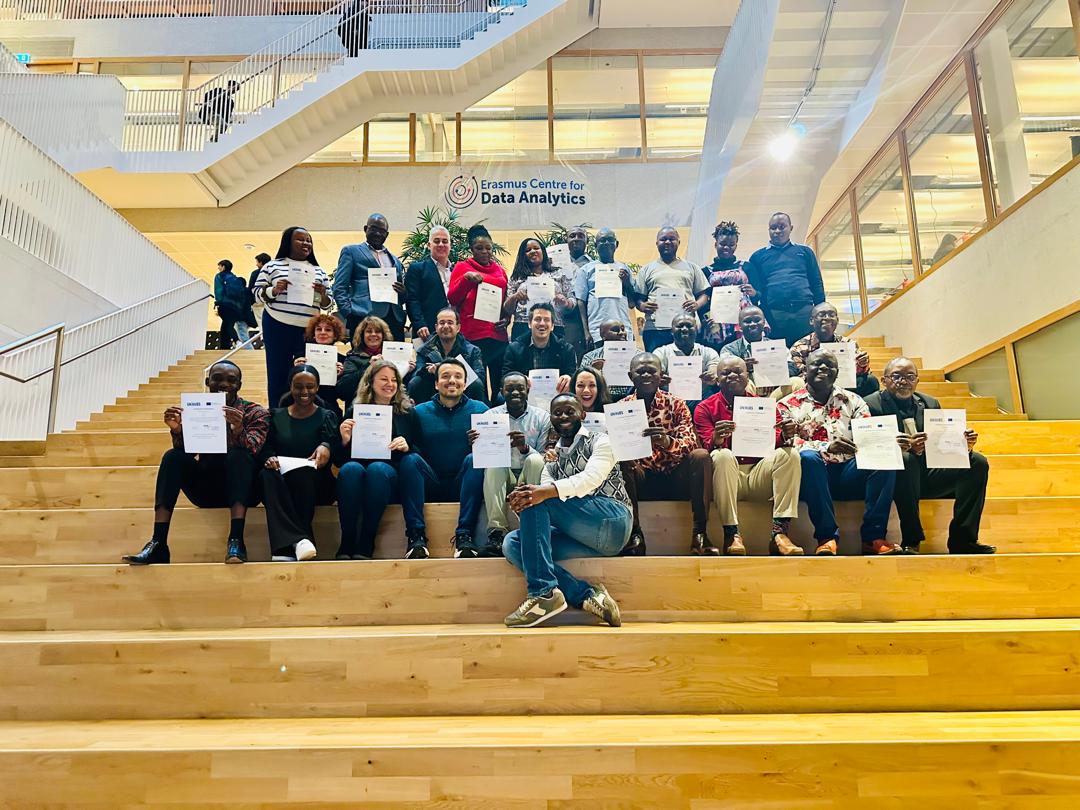
UNIHUBS Project Partners
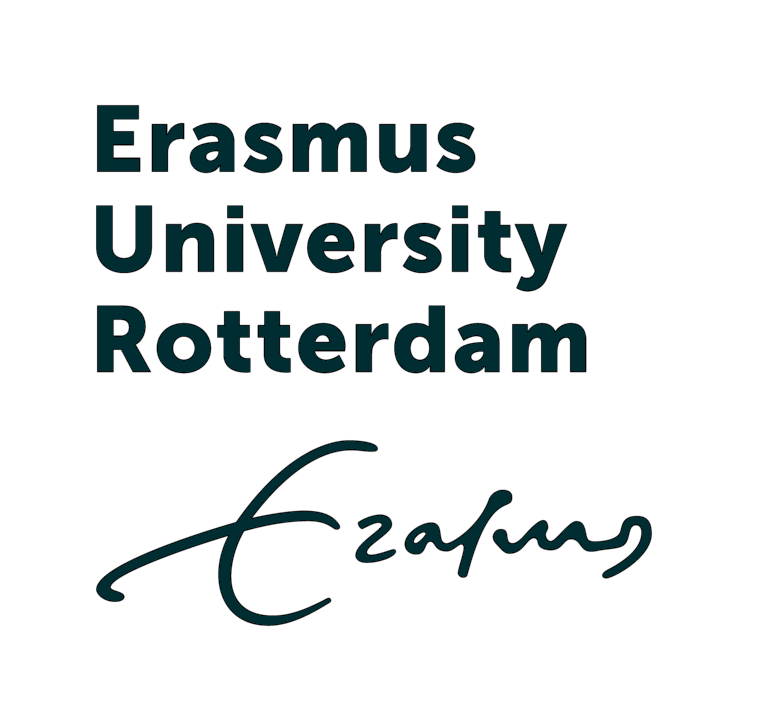
Erasmus University Rotterdam
Netherlands
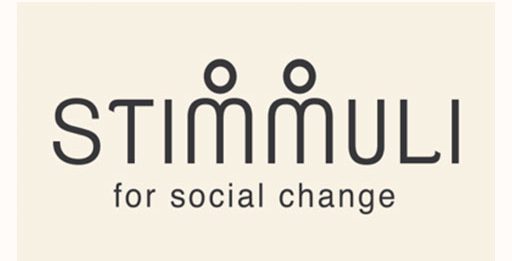
Stimmuli For Social Change
Greece
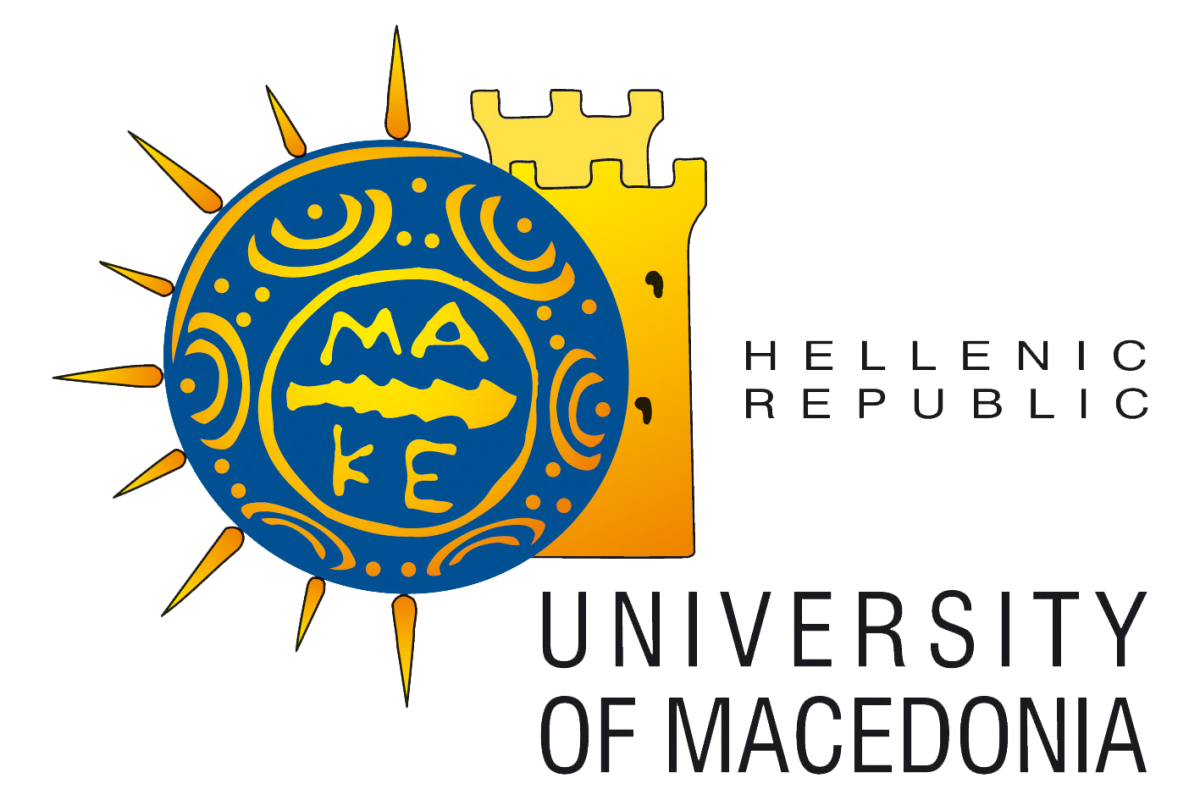
University of Macedonia
Greece
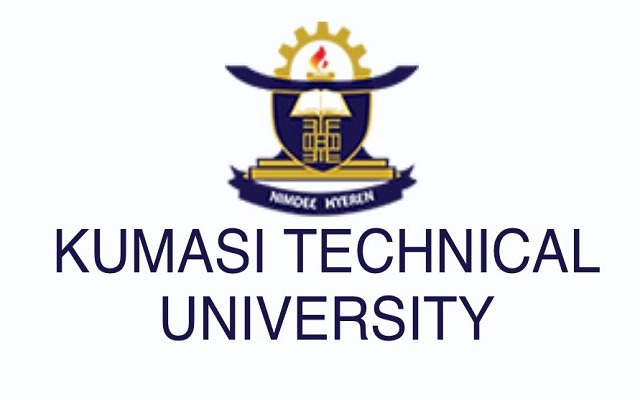
Kumasi Technical University
Ghana

Kwame Nkrumah University of Science & Technology
Ghana
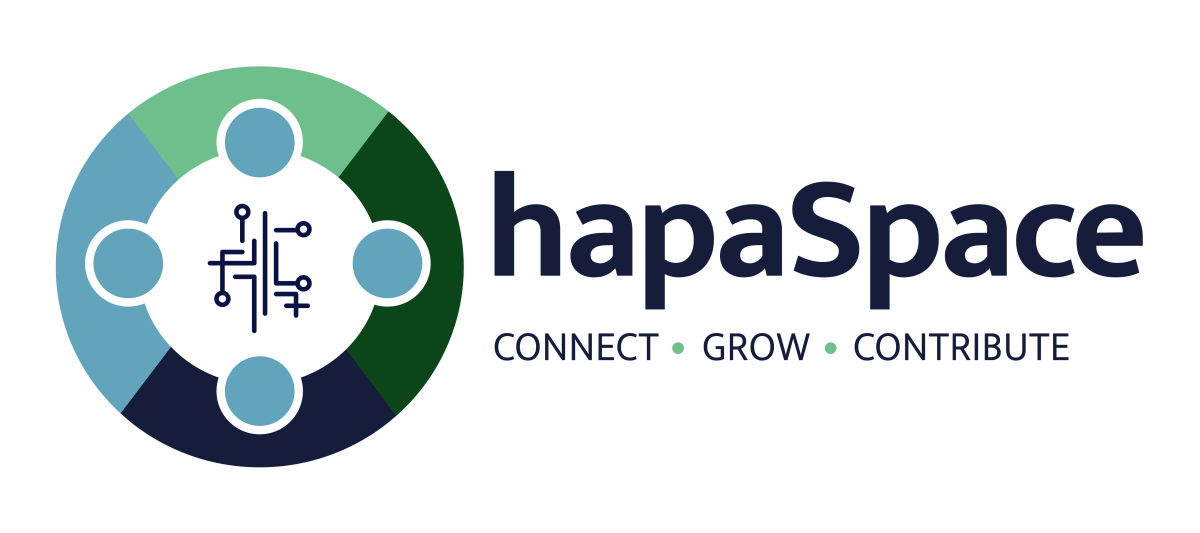
Hapa Space
Ghana
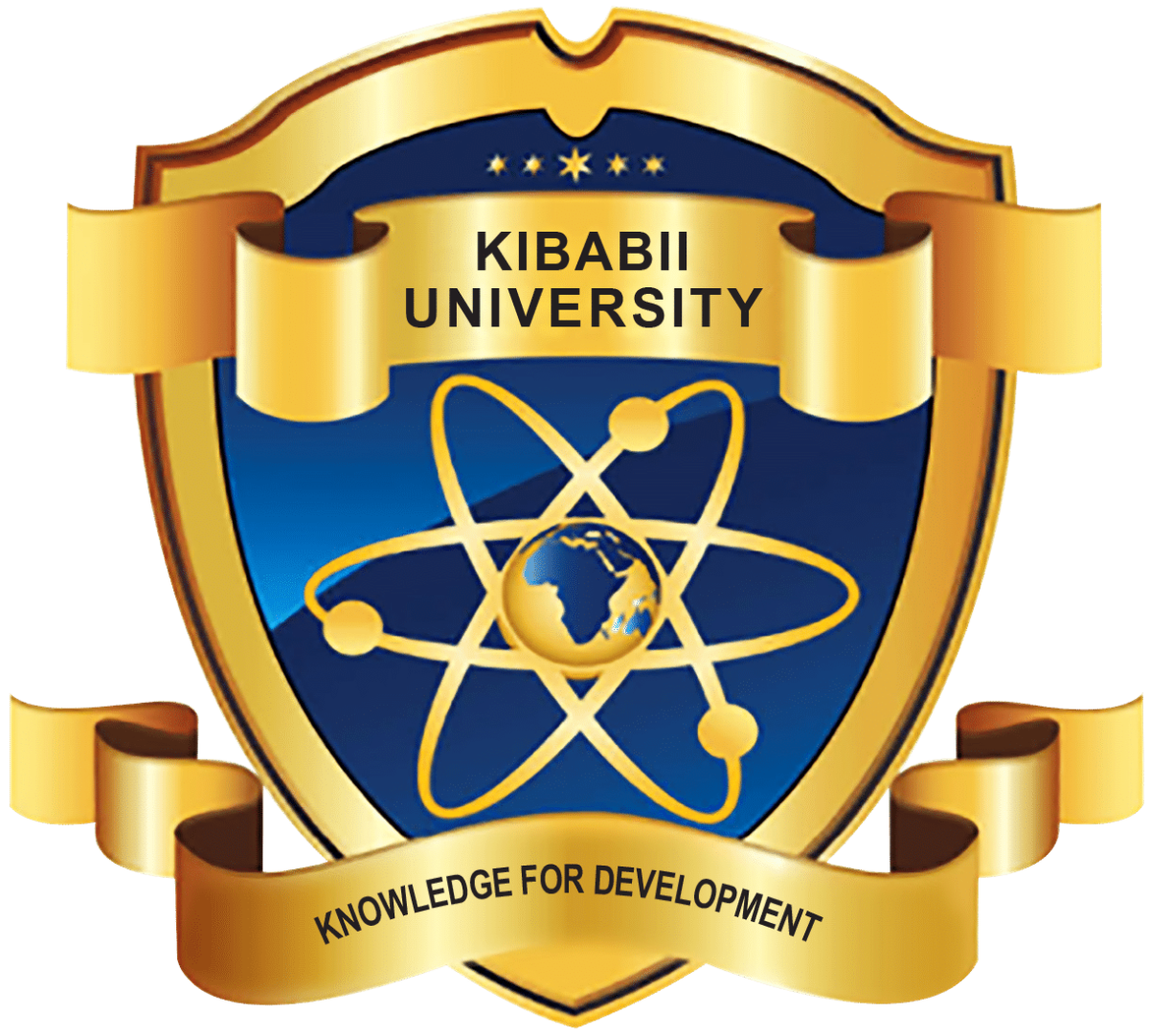
Kibabii University
Kenya

University of Nairobi
Kenya
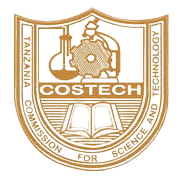
Tanzania Commission For Science And Technology
Tanzania
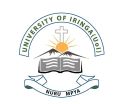
Iringa University College of Trust
Tanzania
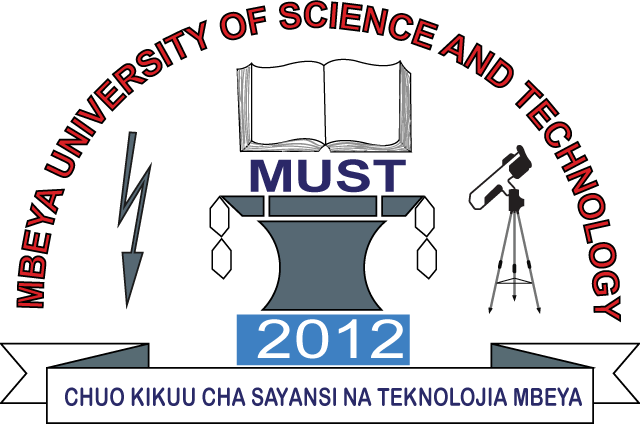
Mbeya University of Science & Technology
Tanzania
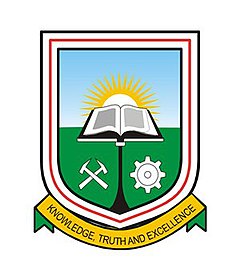
University of Mines and Technology
Ghana

Funded by the European Union. Views and opinions expressed are however those of the author(s) only and do not necessarily reflect those of the European Union or the European Education and Culture Executive Agency (EACEA). Neither the European Union nor EACEA can be held responsible for them. [Project number: 101128313]
